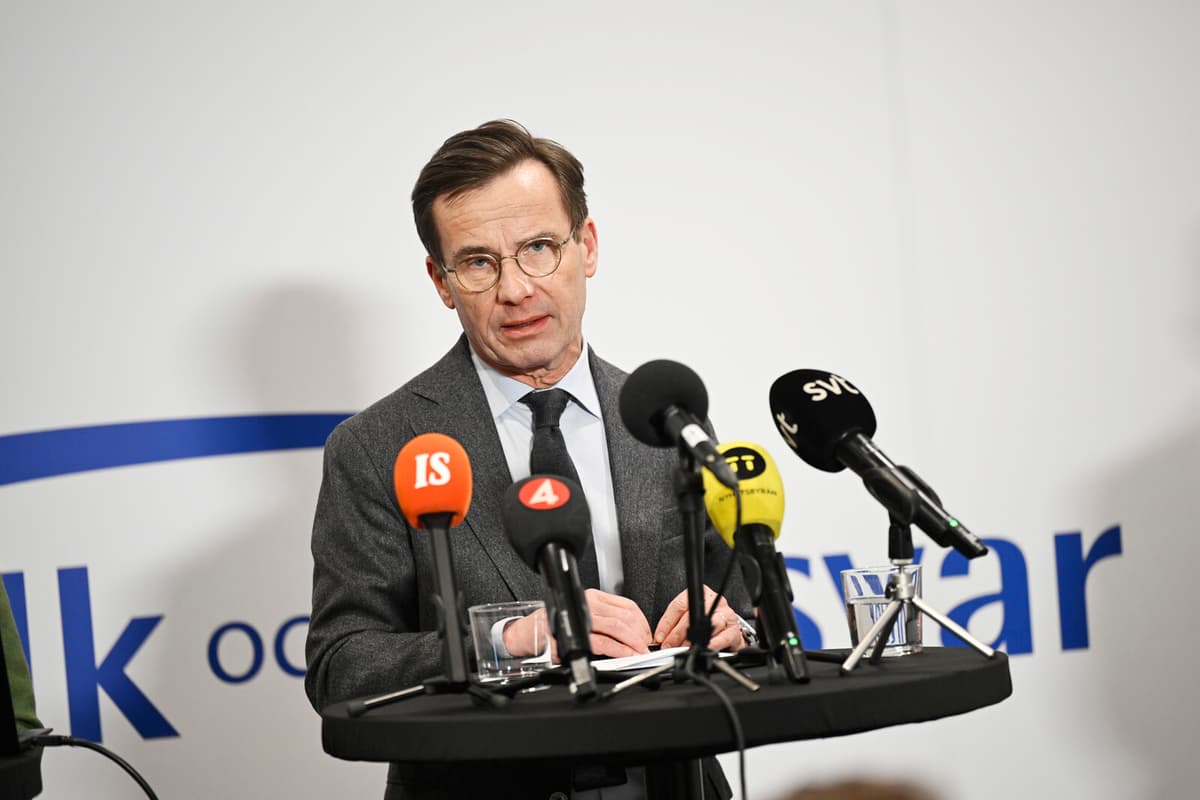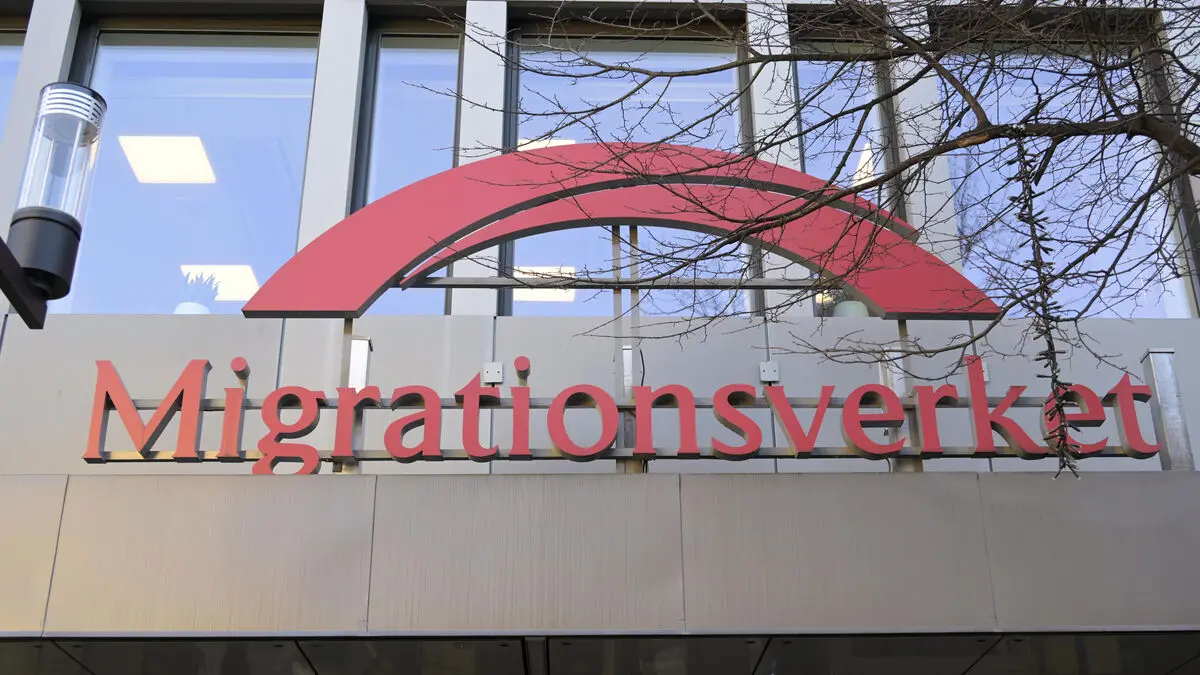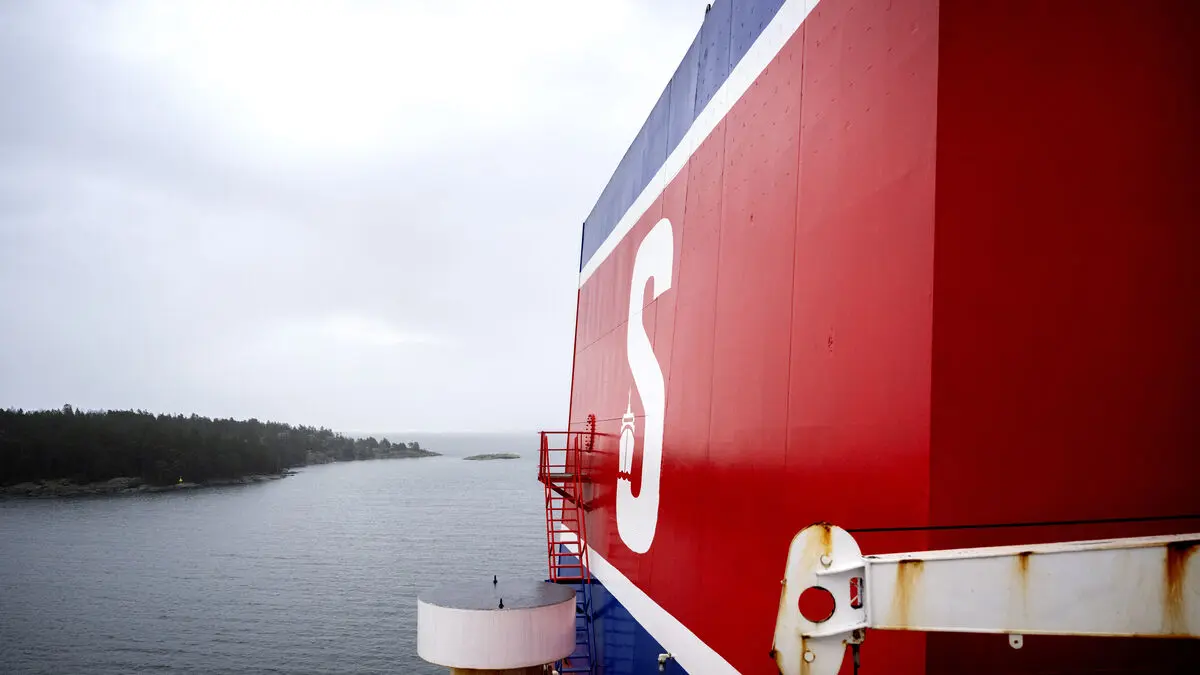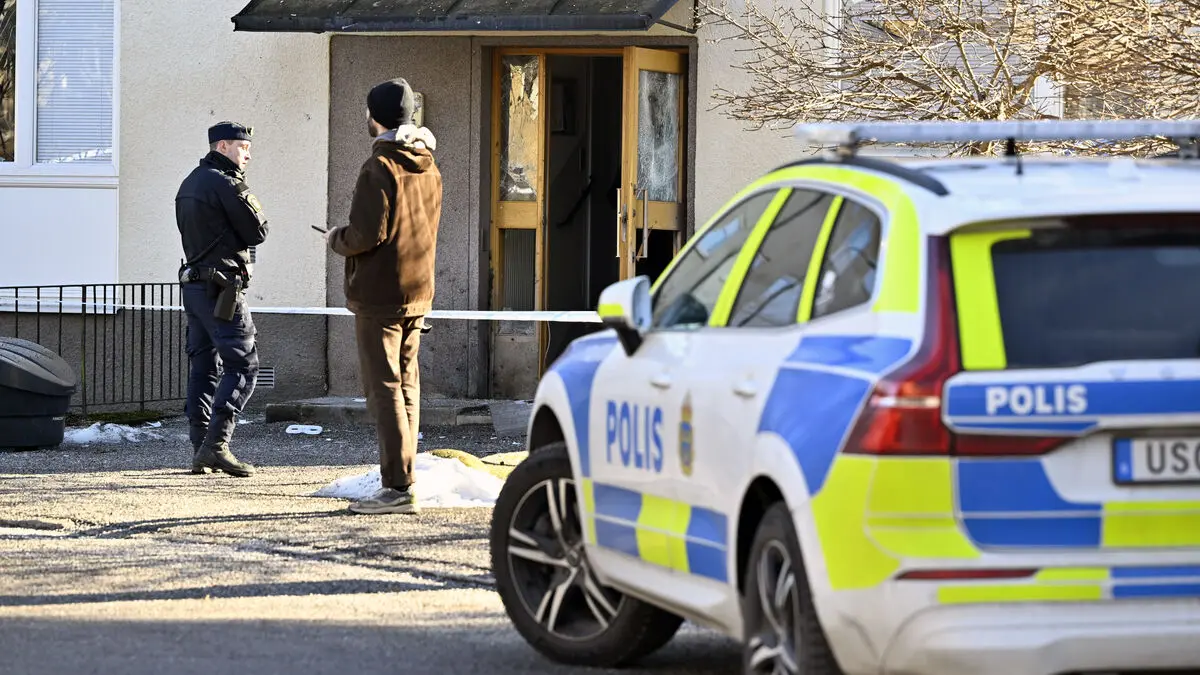Defense Minister Pål Jonson (M) calls the Swedish contribution "significant" in the upcoming NATO operation.
The operation aims to clearly mark NATO's capability for deterrence and defense, he says.
The type of ship Sweden will contribute with is not clear, but it could be corvettes or mine clearance vessels. The ships, together with the reconnaissance aircraft ASC890, will be under NATO's leadership and follow NATO's rules of engagement.
When the operation will start and how long it will last is for NATO to answer, according to Jonson. He does, however, state that the mission is about protecting critical infrastructure and being able to follow suspicious vessels.
Serious situation
The situation is serious, says Prime Minister Ulf Kristersson (M).
Several cable breaks in the Baltic Sea have been discovered recently, which can be suspected to be sabotage. On December 26, Finnish military and police boarded the tanker Eagle S, flagged on the Cook Islands, suspected of having dragged cables in the Gulf of Finland by towing an anchor behind it.
In mid-November, two communication cables were damaged, one between Finland and Germany, the other between Sweden and Lithuania. The Chinese vessel Yi Peng 3 is suspected to have caused the damage.
Minister for Civil Defense, Carl-Oskar Bohlin (M), hints that the fact that the three Baltic countries will soon be ending their dependence on Russian and Belarusian electricity might have something to do with the events.
Drag marks found
Bohlin points out that there are three power cables that are central to the power supply between the Baltic region and Scandinavia: Estlink 1 and 2, as well as Nordbalt. Estlink 2 was destroyed by Eagle S, which was also within 30 minutes of sailing over Estlink 1.
We can now establish that there are also drag marks from an anchor, likely from Yi Peng 3, in connection with the Nordbalt cable between Sweden and Lithuania, says Bohlin.
This illustrates the seriousness of the situation we find ourselves in.
The Prime Minister is, however, cautious about accusing anyone of intentional sabotage or pointing to any country that might be behind it.
We do not accuse anyone of anything. But we are not naive, we do not believe in coincidence, says Kristersson.
The government now wants the Defense Forces and the Coast Guard to strengthen surveillance in order to be able to act faster if any vessel behaves suspiciously in the Baltic Sea.
It's about creating a common plan for exchanging intelligence information and a real-time maritime situational awareness.






